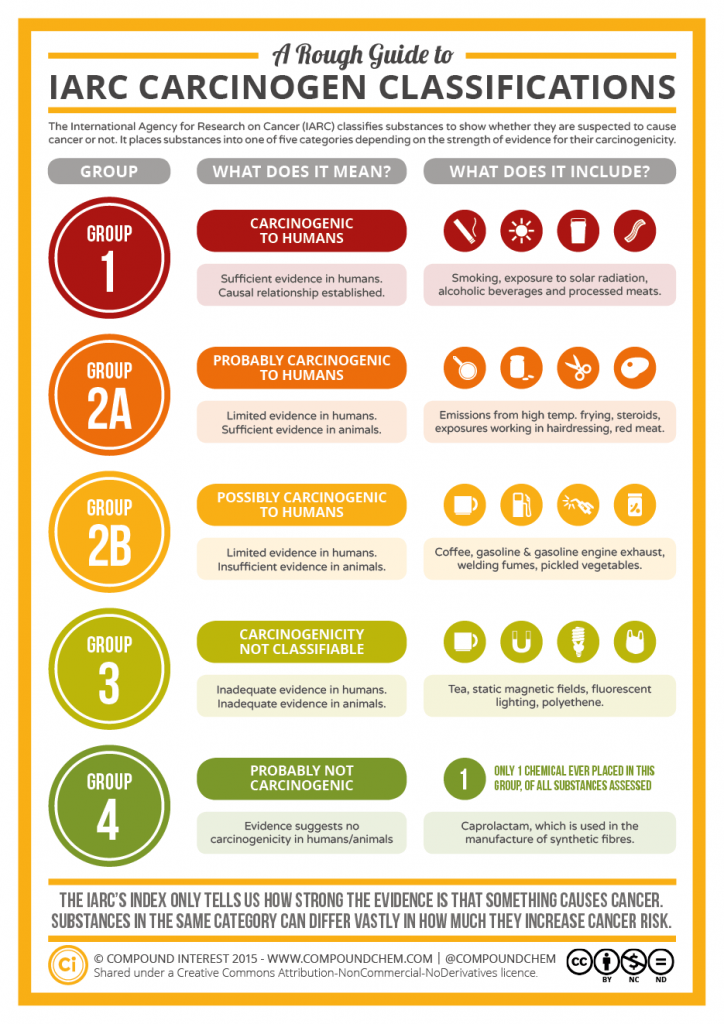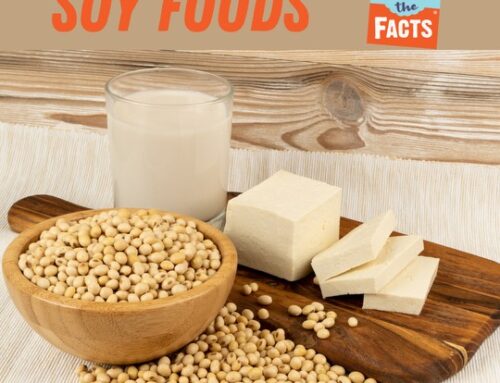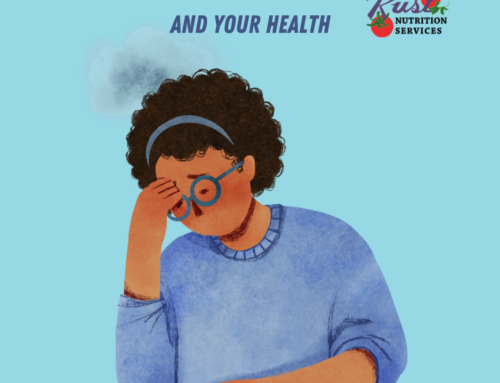I was going to let it go. Just skip writing about it, but here I am.
I am so disgusted with the daily diet headlines that the popular media dishes out. Every day, good (and sometimes bad) studies get completely misconstrued, and often get more attention than necessary, by popular print and television news media.
As a registered dietitian-nutritionist, this has created a complete lack of trust for my profession, and other allied health professionals. There has never, ever, been one answer to “What should I eat?”. RDNs are trained to not only study food, digestion, physiology, diet therapy for disease and reduction of disease risk, but also the behavior of eating. In addition most of us are also are on the pulse of current research and peer reviewed nutrition journals – so when you say “did you hear about….blah blah diet news?”. Yes. I did. Three days ago.
Don’t Touch My Imported Italian Salami
If you’re like me, you enjoy food. It may even be part of your heritage.
When this story broke about the potential cancer-causing affects of processed meat (bacon, sausage, hot dogs, etc), I was amazed at the media frenzy. But then again, when reporters choose to use headlines such as “cause cancer!”, people look up. Overindulging in high fat processed meat isn’t healthy, so this news was no big surprise to any dietitians I know, but you shouldn’t conclude that “bacon causes cancer” either.
Some plants definitely have “medicinal” properties, and most meats don’t. That doesn’t mean you can’t enjoy a variety of meat products within your diet, but as always I will emphasize continually striving to add more plants to your diet (ie, vegetable dishes).
So what? Are you going to not walk outside when the sun is shining? If you enjoy a glass of wine or other alcoholic cocktail, are you going to give them up completely? Should we all start cutting our own hair since hairdressers should close up shop?
Note the statement at the bottom of the above graphic:
The IARC’s Index only tells us how strong the evidence is that something causes cancer. Substances in the same category can differ vastly in how much they increase cancer risk.
Dear Reporters: Stop it!
We are exposed to potentially dangerous substances every day. This doesn’t mean that occasional exposures to them are going to immediately result in tumor growth.
The fact is we know as much about cancer as we don’t know. This could also be said for other diseases of the brain, heart or endocrine systems. However there is a body of scientific study that does link high intakes of red meat and processed meats to cancer. This is nothing new, and it is not the same as saying “meat causes cancer”. In addition, dietary associations are strong with colorectal cancer, and possibly prostate or pancreatic cancer. These recommendations are based on epidemiological data on both animals and humans.
My Takeaway
- Don’t eat hotdogs or bacon everyday
- Your diet doesn’t depend on one food, it depends on including a variety of foods. Don’t eat the same thing day after day.
- Balance out your lunch and dinner with a good helping of salad or other vegetable
- Eat a piece of fruit for a snack daily. Cut back on that “in the name of protein” beef, turkey, or venison jerky
- Enjoy small portions of meat if you so choose. Small = less than 8 ounces daily.
- Exercise at least 4 days a week
- Don’t smoke
- Limit alcohol to 1-3 drinks per day or less
- Be aware of hazardous materials and avoid them as much as possible
- Enjoy living every day you are blessed to be able to live it
And finally, look for the source and listen to actual nutrition experts. Here is what the recommendation really was: WHO/International Agency Research on Cancer Q&A on red meat






[…] Food Shaming 2.0 via Chew the Facts and The facts on processed meat, red meat and cancer via The Debunking Dietitian. (I grouped these into one because they both focus on the recent news headlines about processed meats and cancer. Each does a good job of reviewing what we know and what it really means for our diets.) […]